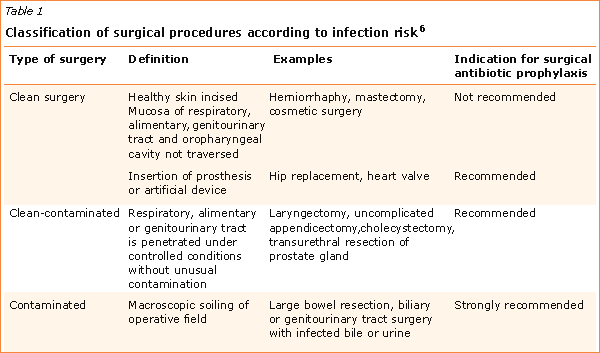General surgery is a surgical specialty that mainly emphasizes on abdominal contents including esophagus, stomach, small bowel, colon, liver, pancreas, gallbladder, appendix and bile ducts, and often the thyroid gland. They also deal with diseases involving the skin, breast, soft tissue, trauma, peripheral vascular surgery and hernias and perform endoscopic procedures such as gastroscopy and colonoscopy. A surgical infection is such which requires surgical treatment and has developed before or as a complication of surgical treatment.
Wound Infection
Liver Surgery
Esophagus Surgery
Organ or Space Surgical Site Infections:
30 days no implant or 1 year with Implant
Any part is involved which was opened or manipulated other than the incision
- Purulent discharge from a drain
- Isolated an oranism
- Abscess or other evidence of infection
- Diagnosis by a surgeon
Mangement of Incisional surgical site Infection
- Management of sutures with drainage of Pus
- Debridement and open wound care
- delayed primary or secondary suture
- 15% of post-operative wounds are treated with antibiotics >resistance
- Wound bed preparation
Prevention of Surgical Infection
- Maximum dose of Penicillin
- Blood transfusion
- Long incision of muscle
- Multiple subcutaneous drainage
- slough extraction
- Anti gangrenous serum (polyvalent) 3 amp stat and 6 hrly later
- Hyperbaric Oxygen
- Treating underlying DM, uraemia, etc.

Wanna know more on Surgery and its Infections..??
Write us @ surgicalnursing@nursingmeetings.com
Wanna be renowned globally the submit your research at: https://surgical.nursingconference.com/abstract-submission.php

No comments:
Post a Comment